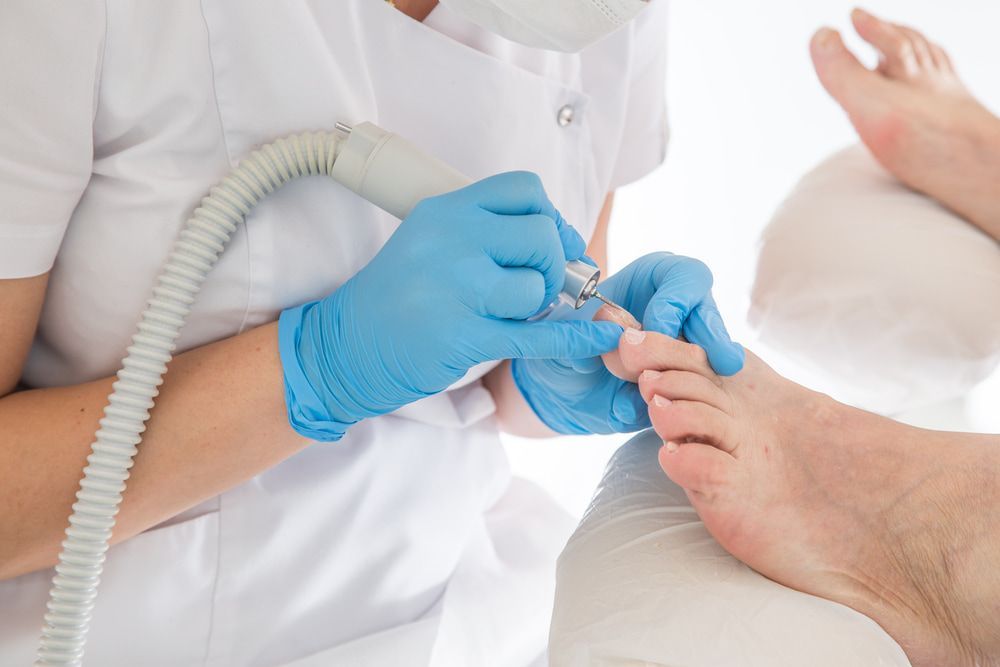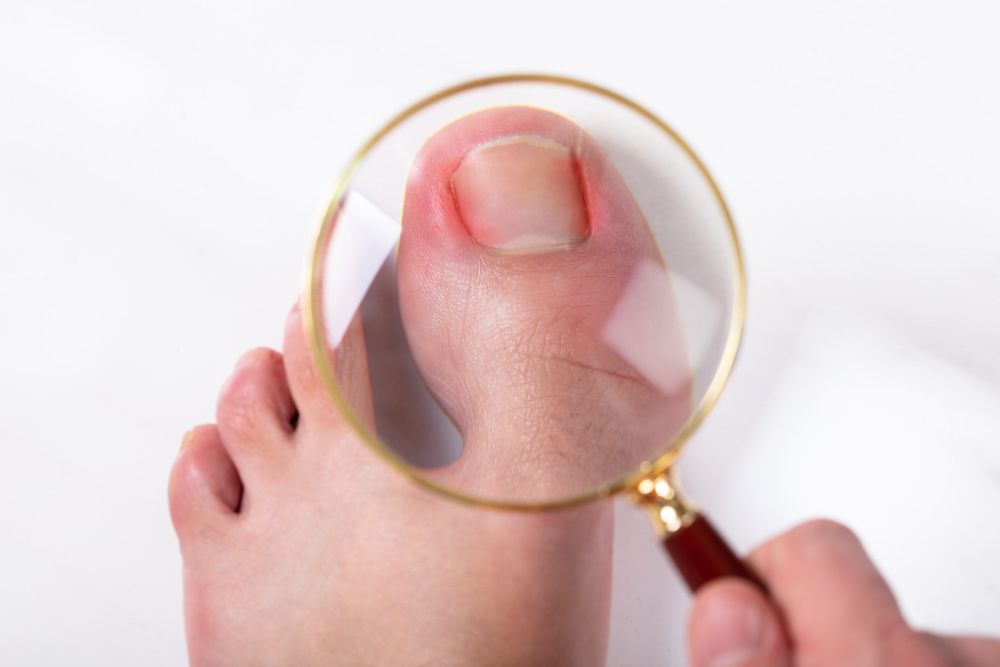We Remove Ingrown Toenails in Darwin
Personalised Services
Small & Private Clinic
Central Location
Weekly Satellite Clinic
Treating Ingrown Nails
At Swan Podiatry and Orthotics, we understand that ingrown nails can cause significant discomfort and may lead to further complications if not addressed promptly. This common condition occurs when the corner or side of a toenail grows into the skin, often affecting the big toes but not limited to them. If left untreated, pain can worsen over time due to pressure and inflammation.
Several factors contribute to ingrown nails, with improper nail trimming being a leading cause. Nails that are cut too short or left with sharp edges can easily become embedded in the skin, causing discomfort. Early intervention is important to prevent more serious issues like infections. If you notice symptoms such as redness, swelling, or discharge around the nail, seeking medical advice is essential. In some cases, antibiotics may be needed, but for milder instances, conservative treatments such as carefully trimming the nail can help. Our podiatrists use sterile tools to remove the problematic part of the nail, allowing it to grow properly.
To make a booking , call us on 0428 976 360–we look forward to seeing you at our primary clinic in Darwin or our satellite clinic in Katherine.
Long-Term Care & Prevention
For individuals who experience recurring ingrown nails or those who don't respond to conservative treatment, nail surgery might be an option. This minor procedure, typically performed by a podiatrist, involves the partial or complete removal of the ingrown section of the nail. Post-surgical care is important to support healing, and at Swan Podiatry and Orthotics, our team provides ongoing guidance to help ensure a smooth recovery.
Preventing ingrown nails is also a key aspect of maintaining healthy feet. Practicing good nail care, such as trimming nails straight across, avoiding tight shoes and keeping an eye out for early signs of ingrown nails, can reduce the risk. Regular check-ups with a podiatrist are especially important for people with conditions like diabetes or circulation issues, as they may be more prone to foot complications.
At Swan Podiatry and Orthotics, we are committed to providing tailored advice and treatments that address individual foot health needs. Our website offers a wealth of resources for managing foot health, including tips on preventing and treating ingrown nails. By incorporating the latest podiatric techniques, we strive to help our clients achieve the best possible outcomes–make your booking today.









